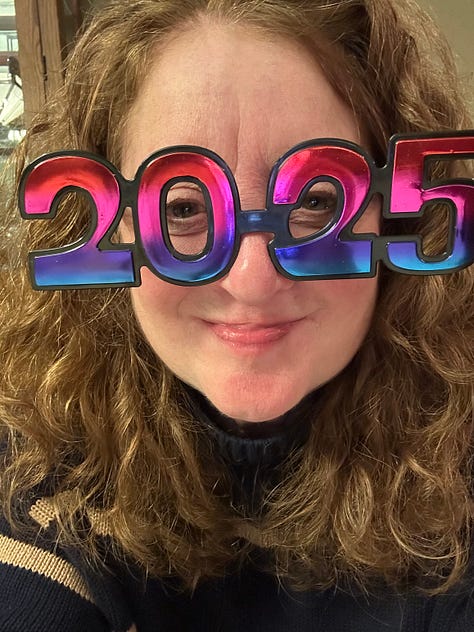Does the West Have a Math Problem?
Yes. Maybe this is something that the Department of Education should handle.

This week, a division opened up in the MAGA coalition around H-1B visas, which are temporary visas given to high-skilled immigrants. In 2023, the US government granted 755,020 H1B visas to mostly tech workers from China and India.
Vivek Ramaswamy and Elon Musk, leaders of the new Department of Government Efficiency DOGE, say that these high-skilled workers are needed in the tech industry because there aren’t enough hard-working programmers in America. Other Trump allies, like Laura Loomer and Steve Bannon, want to turn off all immigration and say that American tech firms should hire Americans. It has sparked a disturbing debate around “good immigrants” and “bad immigrants.”
Does America have enough tech workers?
In a historical agreement with Steve Bannon, Bernie Sanders says yes. Musk and other tech companies prefer to hire immigrants because they can pay them less than Americans and expect unreasonable work hours, according to Sanders. The H-1B visas are a tool for exploitation.
Probably Sanders and Musk are both right. I’m sure that the tech industry exploits its Indian workers. But it’s also true that America has a math problem.
Last month, we learned that the 2023 results of the Trends in International Mathematics and Science Study (TIMSS) showed severe declines in student achievement in math and science. We’re now ranked 22 in the world, behind countries like Italy and Ireland.
America isn’t alone in seeing declines. It’s been a problem in Western Europe and Israel, too Yet, American students are still behind those other countries.
At the same time, Musk and Ramaswamy are still hellbent on eliminating the Department of Education. They say that the Department wastes money and pushes a woke agenda. However, this department is necessary to make major changes in American education.
If Musk and Ramaswamy want American programmers for their companies, we need to increase math achievement in school. Right now, there are not enough high school graduates who can do basic math computations — they certainly don’t have the skills to program in JAVA or Python.
At times in American history, we have panicked about math and science competitiveness— during the Cold War and again in the 1980s after the publication of A Nation at Risk. The drive for change at those times came from Washington, DC.
If Trump’s followers want to drive a nationwide momentum for math achievement, schools need leadership and financial support. This initiative will have to be spearheaded by the Department of Education. Which might not exist anymore.
Problems.
It’s not clear why math test scores have gone down — Covid? Cellphones? Apathy among teachers and parents? But I do think that this problem deserves serious thought and energy.
Related
WSJ - Long the Star Pupils, Girls Are Losing Ground to Boys: Girls have suffered greater test-score declines than boys
The 74 - Math scores matter more for adult earnings than reading scores.
Updates
I’ve been working on a book proposal this week. My brain hasn’t yet returned to newsletter writing. I’ll get back up to speed soon.
Some recent pictures:








I enjoyed your article. Perhaps it is due partially to poorly designed spiral math curricula.
Software engineer (now upper mgmt) with 25+ years experience, and I'm going to disagree on a couple points.
First, people often assume programming is more closely related to math, when it's really about structured thinking and the ability to break down problems into very, very small components. Just because you are good at higher math does not mean you're going to be good at software, especially since geometry and logic are more closely related to programming than calculus is. It is perfectly possible to teach someone to program well without them knowing any more math than basic arithmetic -- my son learned the basics well as a youngster long before he encountered algebra.
Second, the important correlation between math scores and programming competitiveness isn't the mean test score, but rather the number of people who fall into the highest tier. If you improve your math education to bring up a lot of people from dreadful to adequate, your mean test score will go up... but someone who requires education to get to adequate is lacking the right wiring to make a career out of programming. They're not a naturally logical thinker, or problem solving doesn't scratch the right itch for them. If you want to increase the number of programmers, you want to identify the people who are already on the right side of the bell curve, push them farther to the right, and give them early exposure specifically to programming and software engineering concepts.
There's a lot of overlap in people who gravitate to both programming and math, but there's also very strong overlap with musical ability and ability to speak multiple languages. They lean toward programming because that's how their brains work, not because the math teaches them programming. We wouldn't try to breed more programmers by improving our music education curriculums, and we acknowledge that generic music education doesn't automatically increase the number of highly talented singers. Software is more similar to that IMO.